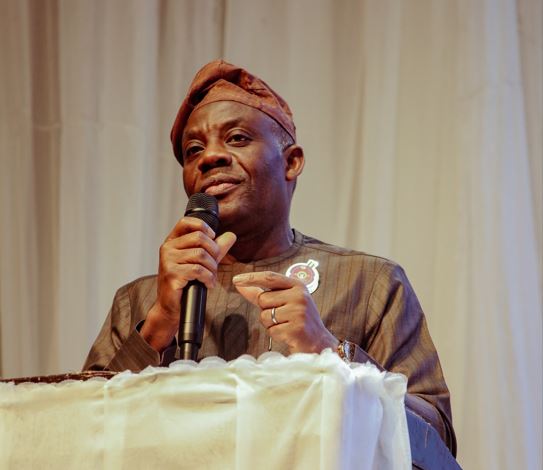The Minister of Education, Dr. Tunji Alausa, has proposed a transition from the current 9-3-4 education system to a 12-year basic education model in Nigeria. The proposal was made on Thursday in Abuja at the 2025 Extraordinary National Council of Education meeting, the highest education policy-making body in the country.
Current 9-3-4 System vs. Proposed 12-4 Model
- Current 9-3-4 System
- 9 years of basic education (6 years of primary school + 3 years of junior secondary school)
- 3 years of senior secondary education
- 4 years of tertiary education
- Proposed 12-4 System
- 12 years of uninterrupted basic education
- 4 years of tertiary education
Why the Shift?
Dr. Alausa outlined the reasons for the transition, stating that:
- Aligning with Global Standards – A 12-year basic education structure will standardize Nigeria’s education system to match international benchmarks.
- Improving Educational Outcomes – A longer and continuous curriculum will enhance learning quality and student preparedness for higher education.
- Reducing Dropout Rates – The current system requires students to find work before continuing their education, leading to high dropout rates. The 12-year model ensures continuous learning.
- Better Standardization and Quality Assurance – A more uniform system will improve education governance and policy implementation across states.
Focus on Technical Education
- The minister also announced plans to convert Federal Science and Technical Colleges into Federal Technical Colleges to prioritize vocational education.
- He emphasized that technical education is key to closing the skills gap in Nigeria’s labor market and promoting national industrial development.
Addressing University Admission Age
- The council is reviewing the policy that prevents students under 18 from entering tertiary institutions.
- Key concerns:
- Many exceptionally gifted students finish secondary school at 16 but are forced to wait until 18 for university admission.
- This delays their development and potentially affects mental health due to lack of engagement.
- The government wants to allow students to enter universities immediately after secondary education to nurture young talents.
Next Steps
- The National Council on Education will review and finalize the implementation framework for the 12-year basic education model.
- Policies on technical education and university admission age will also be incorporated into the National Policy on Education.
The proposed reforms aim to enhance Nigeria’s education system, promote workforce readiness, and improve learning outcomes for future generations.




